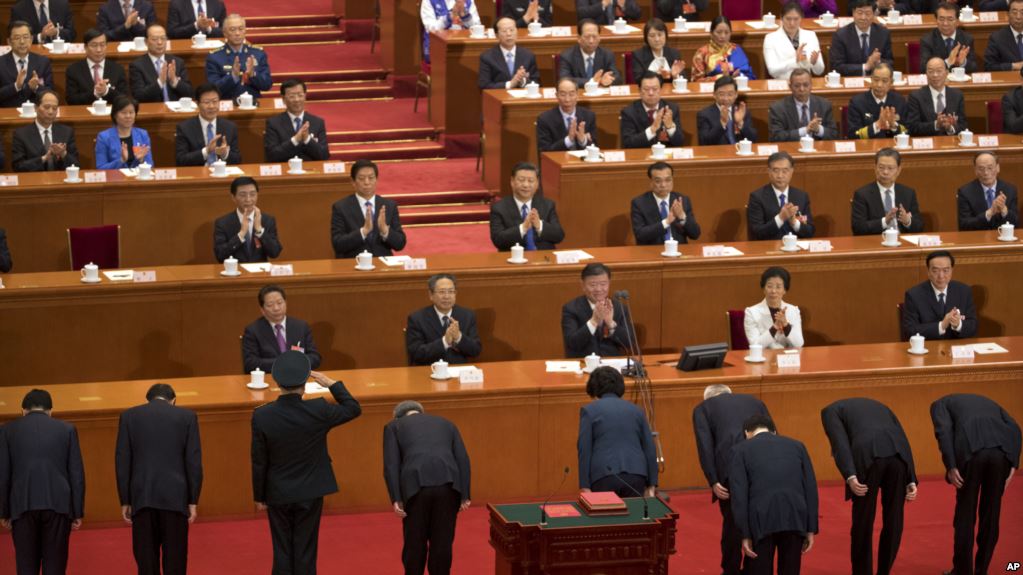
Mengqi Wu
Introduction
According to a study by the Pew Research Centre, 6 in 10 countries in the world today are considered democratic regimes, while the number of full autocracies reduced to 21 out of 167 countries in 2016. (Pew Research Centre) That places China, the most populous nation on earth and one of the world’s main engines of economic growth, squarely in an awkward position of geopolitical minority.
From the sanctions following the Tiananmen Incident in 1989 to the bombing of the Chinese Embassy in formerly Yugoslavia in 1999, to constant tensions in the South China Sea today, instances of diplomatic frictions between China and the West are abundant. Nonetheless, China has not been involved in any military conflicts with the rest of the world since the end of the Vietnam War, albeit realist arguments by scholars in relevant fields have always been suggesting that military conflicts are inevitable.
This essay extrapolates that these predictions of all-out conflicts are outdated and overly cynical. The rule of thumb in how the career politicians in Zhongnanhai design their foreign agenda is now all about maximizing its probability of regime survival, for as long as possible. Ever since 1989, Beijing’s foreign policies are designed to actively seek diplomatic stability and build up its army simultaneously, a result of Beijing’s dependency on its stellar economic performance and military deterrence to ensure domestic political stability and bolster regime legitimacy.
Continue reading “The Fight for Survival: How China Centres Its Foreign Policies on Regime Security”
